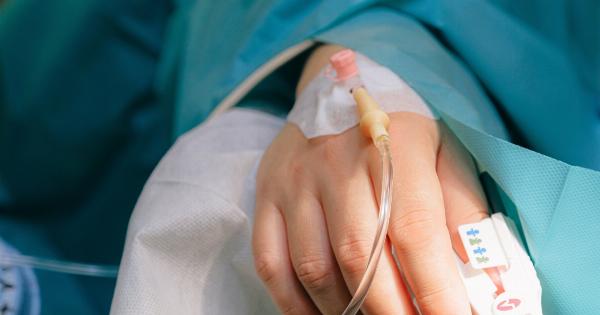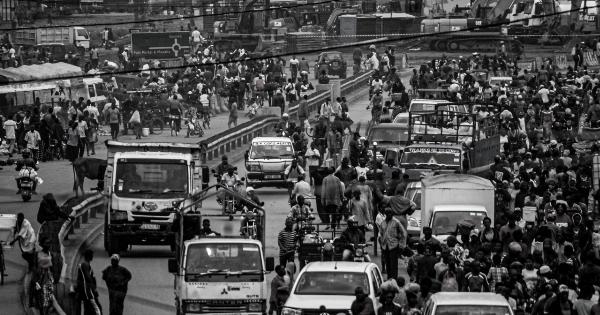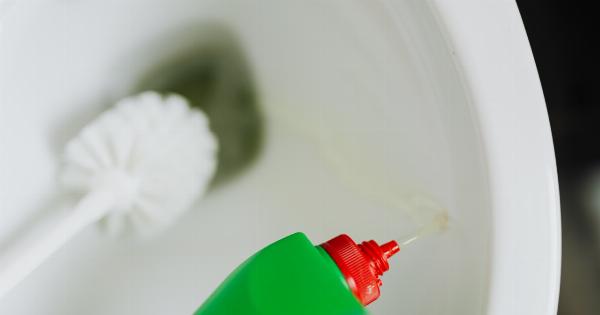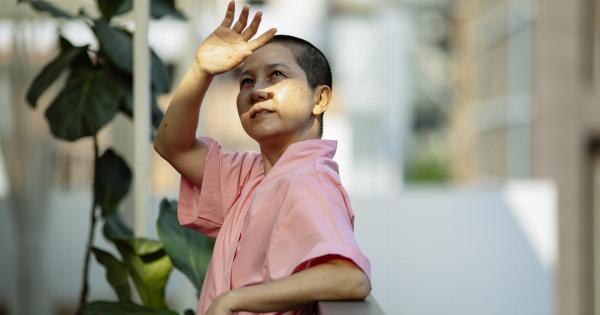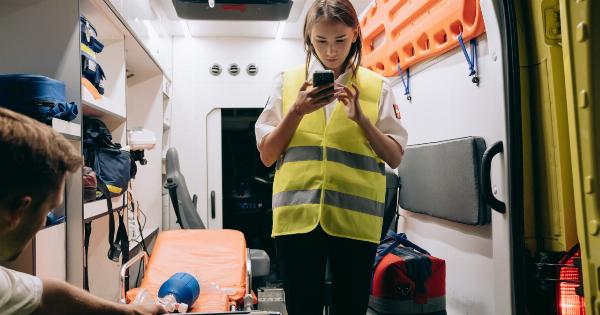In today’s unpredictable world, it is essential to be prepared for medical emergencies that may arise at any time. Whether you are at home, work, or traveling, having the knowledge and resources to handle a medical emergency can be life-saving.
This article will discuss the importance of medical emergency preparedness and provide tips on how to ensure you are ready when the unexpected occurs.
The Importance of Medical Emergency Preparedness
Medical emergencies can happen to anyone, regardless of age, gender, or location. It could be a sudden heart attack, a severe allergic reaction, or a devastating injury from an accident.
The key to increasing the chances of survival and minimizing the impact of such emergencies is being prepared.
When a medical emergency occurs, every second counts. The time between the occurrence of the emergency and the arrival of professional medical help can determine the outcome.
By having the necessary knowledge and resources readily available, you can provide immediate care and potentially save a life.
Assessing the Risks
The first step towards medical emergency preparedness is assessing the risks in your environment. Consider the following factors:.
1. Location
Depending on where you live or frequently visit, the risk of certain emergencies may vary. For example, individuals residing in earthquake-prone areas should be prepared for injuries and trauma caused by earthquakes.
On the other hand, people living near bodies of water must be ready to handle drowning incidents.
2. Personal Factors
Understanding your personal health conditions and those of your family members is essential to be prepared for potential emergencies.
If you or someone in your family has a known allergy, for instance, having an epinephrine auto-injector readily available is crucial.
Creating an Emergency Plan
Once you have identified the potential risks, it is necessary to create an emergency plan that outlines the steps to take in case of a medical emergency. This plan should include:.
1. Emergency Contacts
Compile a list of emergency contact numbers, including local ambulance services, hospitals, and your primary care physician. Keep these contacts easily accessible and ensure that all family members are aware of them.
2. Communication Plan
In an emergency situation, communication is vital. Establish a communication plan with your family members or close friends, outlining how you will contact each other and where you will meet in case of separation.
3. First Aid Training
Consider undergoing first aid and CPR training to equip yourself with essential lifesaving skills. These courses are widely available, and the knowledge gained can make a significant difference in an emergency situation.
Creating a First Aid Kit
Having a well-stocked first aid kit is crucial for medical emergency preparedness. The contents of the kit may vary depending on your specific needs, but some essential items to include are:.
1. Bandages and Dressings
Various sizes of adhesive bandages, sterile gauze pads, and adhesive tape are essential for covering wounds and controlling bleeding.
2. Antiseptic Solutions
Include antiseptic solutions such as hydrogen peroxide or iodine to clean wounds and prevent infection.
3. Medications
If you or a family member takes regular medications, keep a small supply in your first aid kit. Additionally, include over-the-counter pain relievers, antihistamines, and any necessary prescription medications.
4. Medical Tools
Include basic medical tools such as scissors, tweezers, disposable gloves, and a thermometer.
5. CPR Mask
A CPR mask is essential for providing rescue breaths during CPR and can help protect the rescuer from potential infections or diseases.
Regularly Review and Update
Emergency preparedness is an ongoing process. It is crucial to regularly review and update your plan and supplies to ensure they are up to date and in proper working condition.
Pay attention to expiration dates of medications and replace any outdated or depleted items in your first aid kit.
Conclusion
Medical emergencies can happen at any time and in any place. Being prepared by having the necessary knowledge, resources, and an emergency plan can make a significant difference in the outcome of such emergencies.
Assess the risks in your environment, create an emergency plan, and assemble a well-stocked first aid kit. By taking these steps, you are positioning yourself to handle medical emergencies effectively and potentially save lives.




